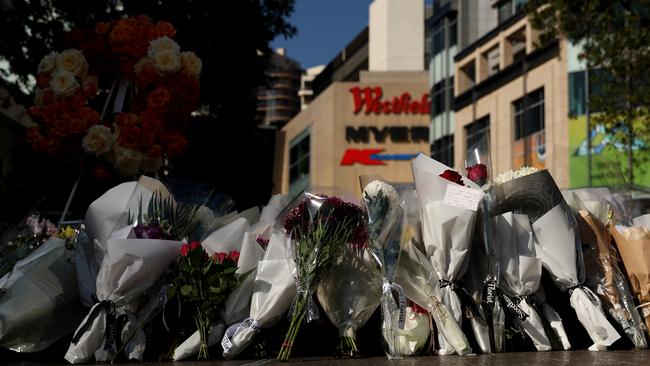
With thousands of people marching through our cities most weekends demanding the removal of Jews “from the river to the sea”, fanatical violence is exactly what to expect, especially given ASIO chief Mike Burgess warned in February of the “realistic possibility of a terrorist attack … in the next 12 months”, confirming that Islamic violent extremism posed the “greatest religiously motivated threat in Australia”.
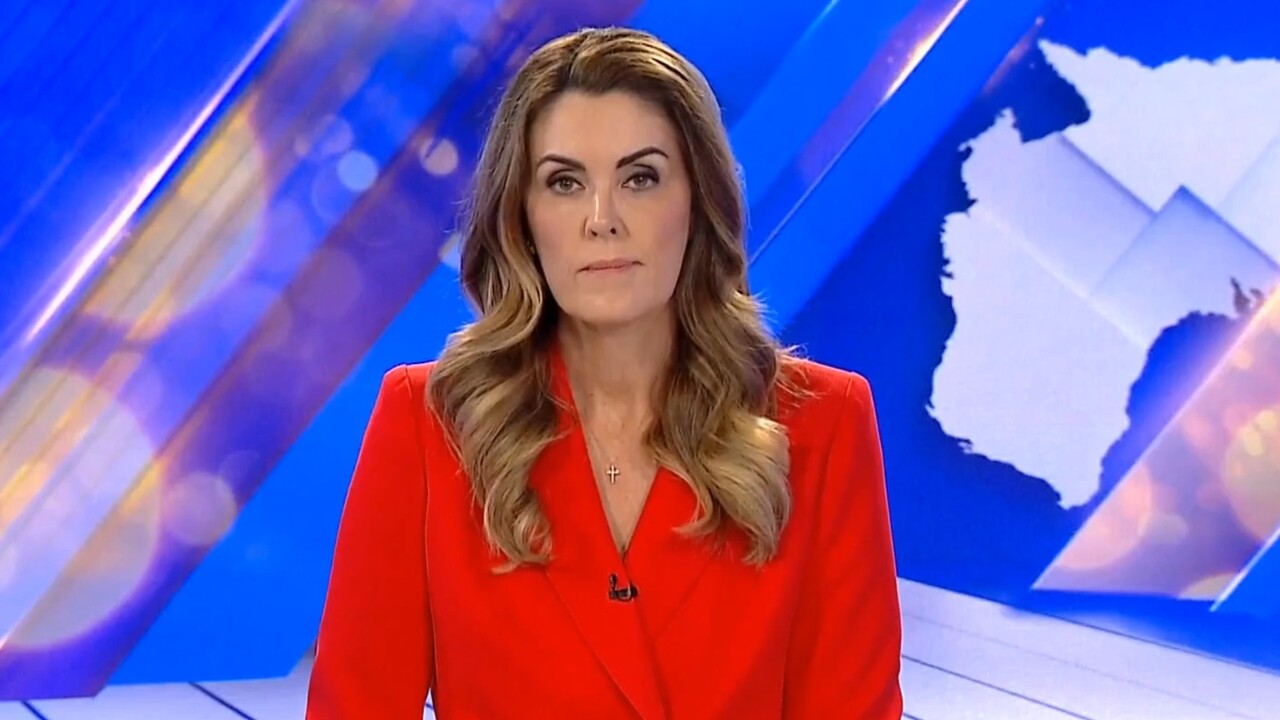
At the time, most in the media fixated on the other aspect of his annual threat assessment speech, exposing the attempt by a former Labor politician to “sell out his country”; but with the Albanese government’s increasing partisanship on Israel, this is where I feared we were most vulnerable. And sadly, on Monday night, Burgess was proved right with the vicious mid-sermon knifing of an Assyrian bishop, live-streamed around the world, that has now been officially declared a terrorist incident.
This is the same Burgess who is no longer a permanent attendee at meetings of the national security committee of cabinet, having earlier been shown the door along with the head of the Australian Secret Intelligence Service, our foreign intelligence agency. If nothing else, this bureaucratic pettiness must be reversed and our spy chiefs return to the top table.
That’s an easy fix; the harder challenge is to understand how Australia finds itself so deeply divided and to do something about it.
How has the relatively cohesive society of a few decades back, come to this: a neurotic nation of tribes, as foreseen by Geoffrey Blainey long ago, whose discontents are exacerbated by hatreds imported from overseas and inflamed by cultural Marxist stereotypes of oppressors and oppressed?
NSW Premier Chris Minns wasn’t wrong this week when he described us as a society “on edge”. That’s exactly what happens when an aggressive minority disproves long-held assumptions that ethnic and ideological extremism is a thing of the past, especially when authorities seem ambivalent or confused about how to deal with it.
There was a taste of this a decade or so back, when a large crowd surged through Sydney with banners declaring “behead all those who insult the prophet”.
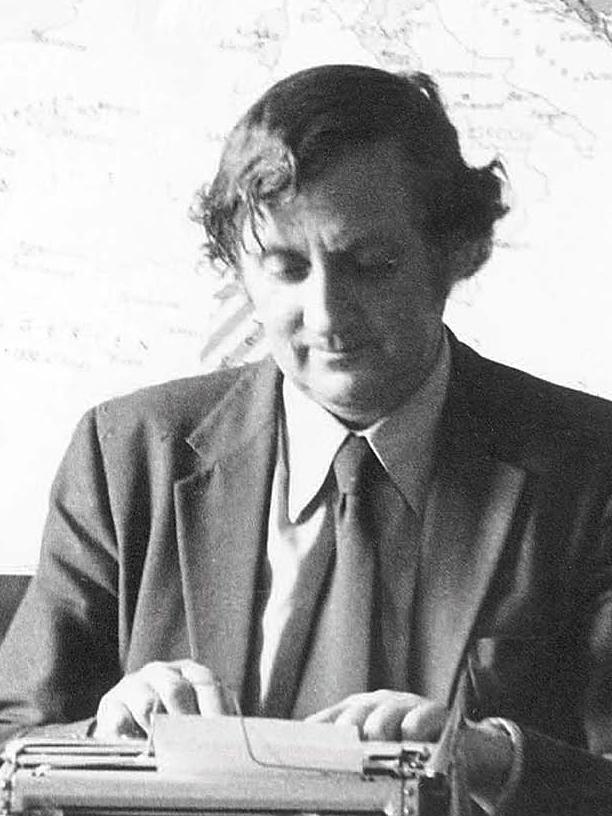
Prime minister Tony Abbott’s response to apocalyptic Islamism was to denounce the ISIS “death cult” and to insist migrants leave old hatreds behind to join what he called Team Australia.
After the decline of the so-called caliphate (but not its abandonment), this kind of fanaticism seems to be making a comeback, only this time without a strong response from Canberra and with left-wing political radicals making common cause with “death to the infidel” Islamists (hence Queers for Palestine) in their demand for what would amount to a new holocaust. And it hasn’t been helped by political leaders on the left excusing racist anti-Semitism as merely political anti-Zionism because they’re pursuing ethnic votes over what’s right.
It’s telling that just about the only early arrests associated with these hate-filled pro-Hamas protests were lone individuals whom police judged might provoke the activists, for instance, by unfurling an Israeli flag.
It’s also telling that when Iran unleashed a volley of missiles at Israel this week, the Australian government stood out from our peers by not immediately declaring solidarity with the only democracy in the Middle East, raising further concern that crass electoral considerations are behind the Albanese government’s departure from decades of bipartisanship on Israel.
There are now 13 Labor-held federal seats where the Muslim vote exceeds 10 per cent; in some seats, such as that of frontbencher Jason Clare, it’s as high as 35 per cent. In another example of the moral equivalence that now dogs these issues, the knifing of Bishop Mar Mari Emmanuel generated more official concern about the overvigorous reaction of his parishioners as about the terrorist attack itself.
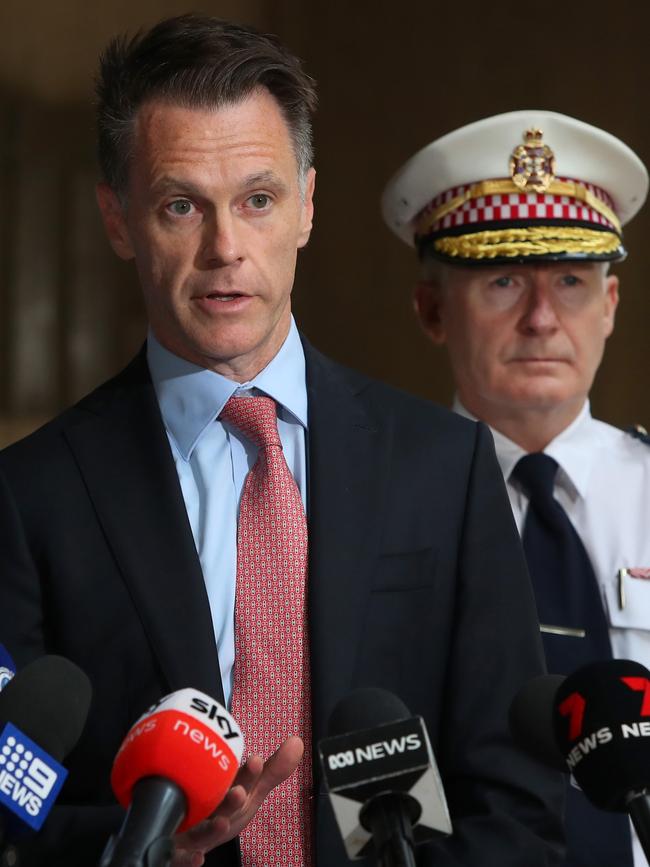
While the vast majority of migrants chose to come to Australia because they want to join us, rather than to change us, there’s no doubt that large-scale migration does indeed change host countries; and it’s not automatically for the better, especially if newcomers fail to integrate swiftly into the mainstream.
On a per capita basis, no country on earth has welcomed more migrants than Australia, especially over the past two decades, and few countries provide the settlement services we do. Almost 30 per cent of our population has been born overseas, compared with just 14 per cent each in the US and Britain.
There are 5.5 million Australians who tell the census they speak a language other than our national language at home, with Mandarin and Arabic the two most common, including almost a million who admit to speaking little or no English.
Unlike earlier migration waves in the 1950s and ’60s, other than today’s tick-a-box citizenship test, instead of stressing integration into a common civic culture based on shared Judaeo-Christian values, there are vacuous slogans such as “our unity is our diversity”; and that’s when we’re not actually apologising for two centuries of colonialism and injustice.
It’s little wonder some recent migrants have come to disrespect a society that proclaims it’s racist and a country that flies the national flag almost apologetically alongside two other flags based on racial ancestry.
Naturally, this has all gone into overdrive since the advent of the Albanese government, with more than 80 local councils now allowed to refuse to mark Australia Day with citizenship ceremonies. So while ordinary people may be slow to believe this country is anything other than fair and free (as the resounding voice referendum vote shows), our leaders seem to want to wear a hairshirt of embarrassment and shame.
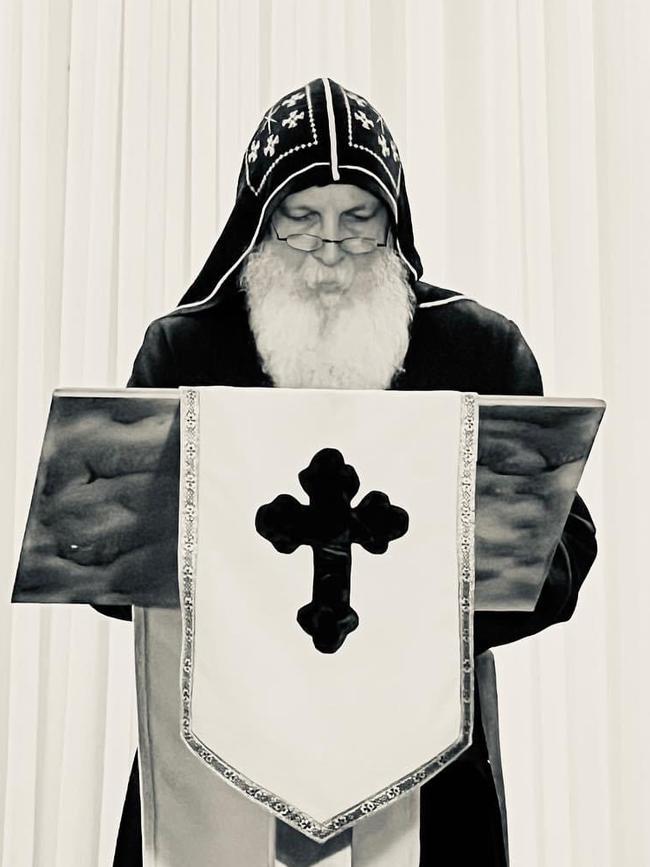
As well, the internet has allowed recent migrants to live in an online ghetto, should they choose, and social media has vastly expanded people’s access to extremist hate speech. While policing is ultimately a matter for state governments, the commonwealth has clear constitutional responsibility in this area.
The eSafety Commissioner has just ordered Meta and X to take down imagery of the attack on Bishop Emmanuel, and fair enough too. But what about the vicious anti-Semitic bile posted by quite a few Sydney Islamic centres; why isn’t this sort of material, that’s likely to have been the staple of the bishop’s assailant, routinely ordered down?
And what about the pro-Hamas protests that haven’t just been putting forward a particular slant on the Gaza conflict but often aggressively disrupting cities by closing down key intersections? Why haven’t they been anticipated and prevented with the same vigour police used against freedom protesters during the pandemic?
By preferencing the causes of a minority, rather than the standards and values of the majority, Australia is now a tinder box. And is this Prime Minister up to putting the matches back in the box?








When the news came through last weekend of the random knife murders of six people at Bondi Junction in Sydney, the instant suspicion was of a terrorist event.